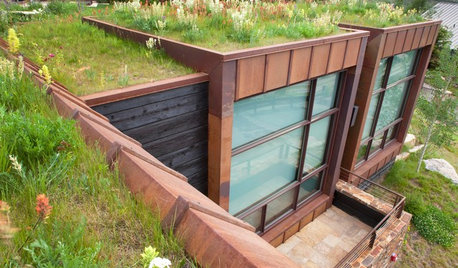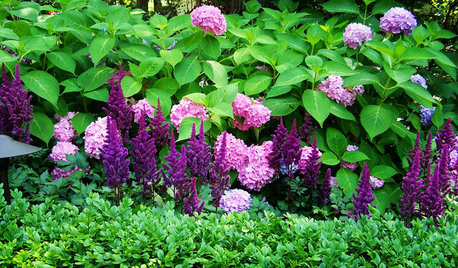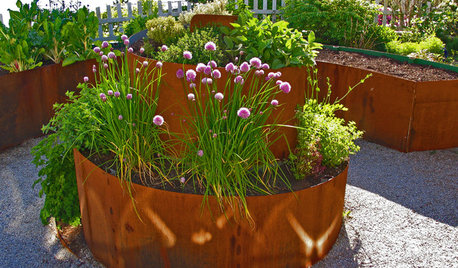Peak Phosphorus
peter_6
14 years ago
Related Stories

GREEN BUILDING6 Green-Roof Myths, Busted
Leaky, costly, a pain to maintain ... nope, nope and nope. Get the truth about living roofs and see examples from simple to elaborate
Full Story
EARTH DAYGrow a Beautiful Garden With Ecofriendly Greywater
Reducing home water waste means lower bills and a healthier planet. Here's how to set up a greywater home irrigation system that can help
Full Story
GARDENING GUIDESSoutheast Gardener's May Checklist
Bask in the blooms and mind your mulch this month; summer means lots to savor and lots to do in the garden
Full Story
URBAN GARDENSContainers Make Growing Edibles a Cinch
If life hands you a lack of land, grow lemons — with a few basics, you can proudly reap the fruits, veggies and herbs of your labor
Full Story



Kimmsr
gjcore
Related Discussions
Using my urine to fertilize lawn?
Q
Bermuda Bible
Q
Peak Phosphorus and a solution
Q
About Fall Color Chemistry Easy Read Article
Q
dicot
Dan _Staley (5b Sunset 2B AHS 7)
justaguy2
Dan _Staley (5b Sunset 2B AHS 7)
georgeiii
peter_6Original Author
jonas302
pnbrown
Michael
pnbrown
Dan _Staley (5b Sunset 2B AHS 7)
Michael
pnbrown
Michael
medcave
Dan _Staley (5b Sunset 2B AHS 7)